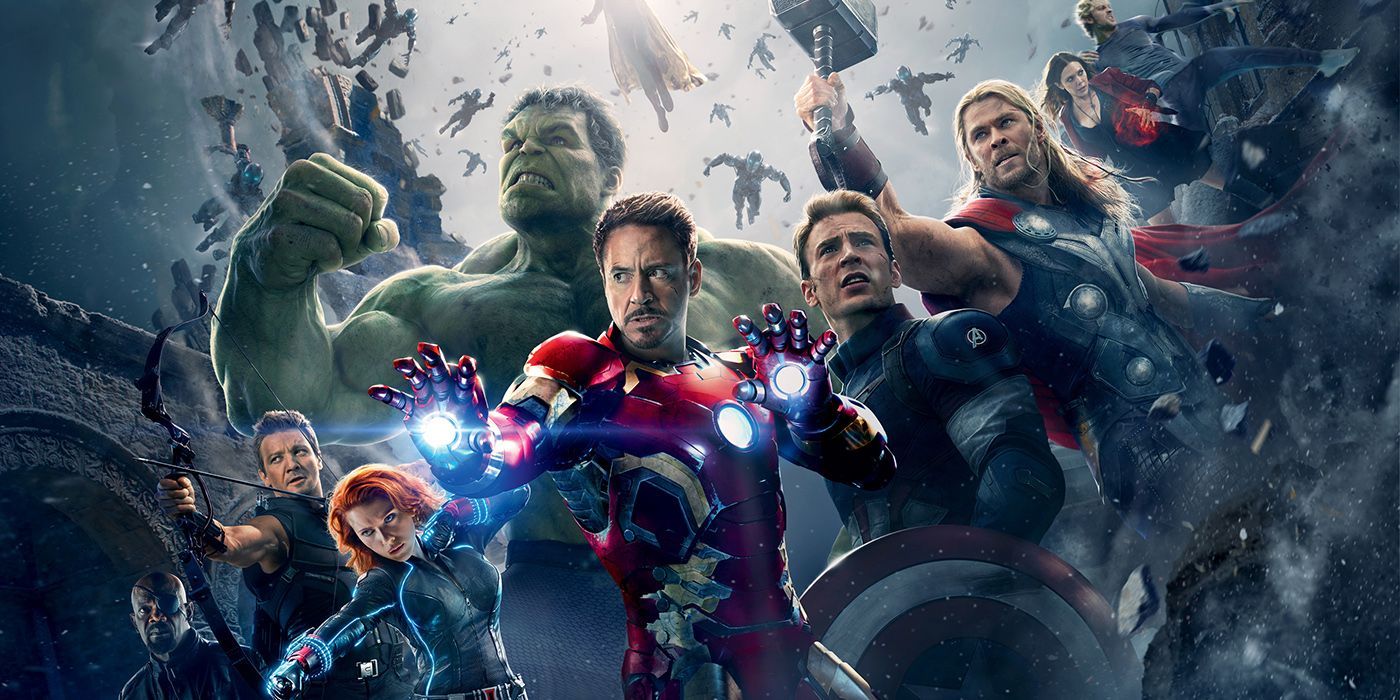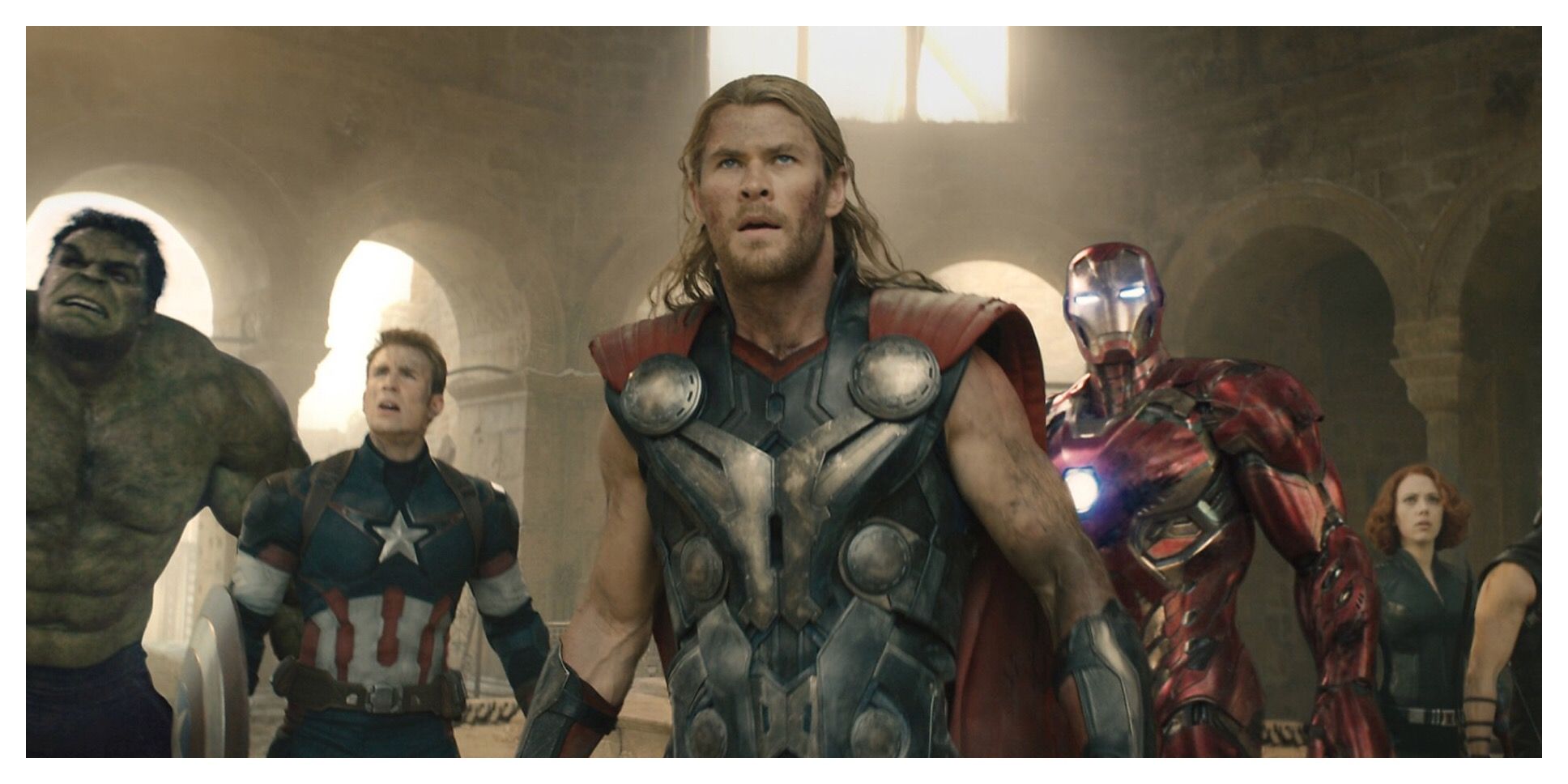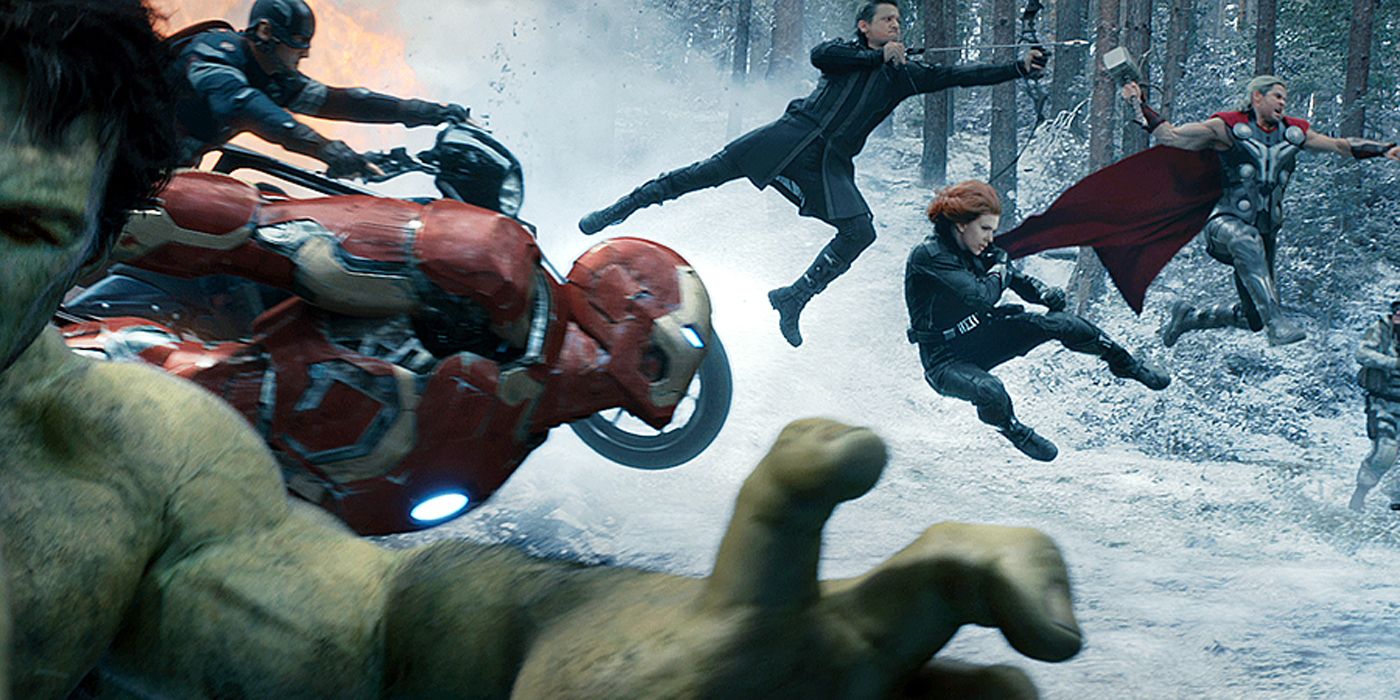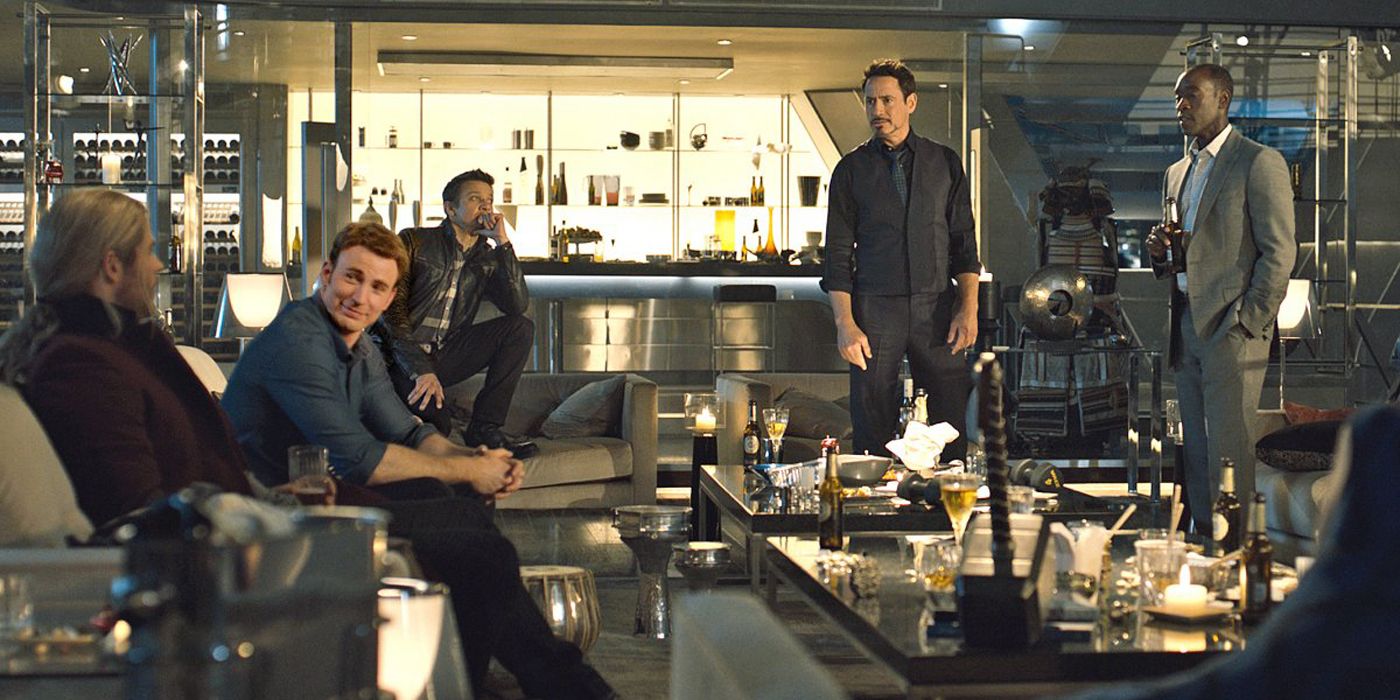In 2015, Marvel Studios released the sequel to its first major ensemble film, The Avengers. Given the critical success and fan approval of its predecessor, there was a lot of hype surrounding Avengers: Age of Ultron, and everyone who saw it had their own expectations out of Earth's Mightiest Heroes' next big battle.
But while the film managed to earn over $1.5 billion at the worldwide box-office, Age of Ultron isn't looked at too fondly by many fans. Critically speaking, the film sits at a 75% rating on Rotten Tomatoes, ranking behind 2011's Thor, and ahead of Iron Man 2. What's more, in terms of total earnings, it keeps falling behind the Marvel Cinematic Universe pack, with Black Panther and Avengers: Infinity War both outgrossing it in 2018.
Writer/director Joss Whedon famously clashed with Marvel during the production of the film, and had no idea what to do with Thanos, showering the villain's teaser into the movie at the studio's behest. The film is infamous for introducing the now-forgotten romance between Bruce Banner and Natasha Romanoff, and for featuring an iconic villain that could have been much more of a threat than he turned out to be. It's also been heavily criticized for being over-stuffed and too similar to its predecessor in structure, particularly in its third act.
RELATED: After Ghosting Everyone in Infinity War, Wong Could Be Crucial to Endgame
But here's the thing: Age of Ultron gets a bum rap from MCU fans and critics. It had the daunting task of following one of the most successful movies of all time. Sure, it might not be your favorite MCU film, but Age of Ultron doesn't deserve as bad a reputation as it's built. It's likely better than you remember, and it was far more important to the overall MCU narrative than anyone realized at the time.
NEXT PAGE: Avengers: Age of Ultron Set the Stage for the Modern MCU
While 2012's The Avengers was the payoff to five movies' worth of buildup, Age of Ultron was different because it didn't cap anything off. Instead, it had to to tell its own story, all while setting up the next four years of Marvel films. When rewatching the film now, it's mind-blowing to notice how many story threads it sets up, and how crucial the film is to the MCU tapestry.
First, the film introduced Vision and Scarlet Witch, two characters who would grow in prominence and importance in Captain America: Civil War and Avengers: Infinity War. On top of that, the film was the first to make an official mention of Wakanda, the nation that is home to Black Panther. Speaking of T'Challa, Andy Serkis first appeared as Ulysses Klaw in Age of Ultron before becoming one of the main villains of 2018's Black Panther.
RELATED: Avengers: Endgame Theory - Thanos Is the Movie's... Hero
Age of Ultron was also incredibly important in setting the stage for Thor's current arc arc. In the film, the God of Thunder not only had visions that led him to learn about the Infinity Stones, he saw Heimdall warning him about the Asgardians' imminent death, and the power inside of himself. Both of those threads would be carried over to Thor: Ragnarok and Infinity War, where Asgard, and most of her people, were destroyed, and where Thor discovered that his power as the God of Thunder is a part of him, not something housed in a magical hammer. Plus, Age of Ultron also set up Bruce Banner's departure from Earth, another thread that would be followed up on in Ragnarok.
Finally, Age of Ultron was crucial in setting up the events of Captain America: Civil War. Not only did the movie tease rising tensions between Steve Rogers and Tony Stark, the destruction of Sokovia in the movie's final act served as the launching pad for the Sokovia Accords, an international superhuman registration law at the heart of the Civil War disagreement.
And this is all without mentioning that the second Avengers film might have also set up events that haven't paid off yet. Flashback scenes of Black Widow's years of training in the Red Room might be further explored in the superhero's upcoming solo movie, and Hawkeye's family, who was introduced in Age of Ultron, might be the source of the character's dark turn in Avengers: Endgame.
All of the threads Age of Ultron set up helped lead to the film being criticized for being over-stuffed. In retrospect, however, it's commendable that the movie managed to do all of that while telling a self-contained story about Ultron trying to destroy the world. But where Age of Ultron might deserve the most praise is in its smaller, quieter moments.
The party where the Avengers are seen having fun and trying to lift Thor's hammer is a critical scene in the MCU because it brings these characters closer together. It shows that, after the first film, they have become friends and family. It's that strong bond that makes it so difficult to see the team fracture in Civil War, and what makes it so investing to see them strive to come back together in Infinity War.
RELATED: Avengers: Endgame - All the Evidence For Your Time-Travel Theories
The movie also served as an important milestone for certain character's emotional arcs. Tony Stark's creation of Ultron was a response to Thanos' first attack on Earth via Loki's actions, and his first attempt to protect the world from interstellar evil. The film also examined Steve Rogers' status beyond the Avengers, and whether the character had any sort of purpose outside of war -- an arc that just might culminate in a heart-wrenching finale in Endgame.
While some may say that Avengers: Age of Ultron is forgettable, the movie is just as entertaining as any in the MCU. The Avengers' battle against Ultron's drones alone is worth the price of admission, if only to see all the epic team-ups that show the Avengers as a strong fighting unit. Ultimately, the film did so much in so little time, it's been unfairly judged. After all, without it, the MCU wouldn't be where it is today.
Directed by Joe and Anthony Russo, Avengers: Endgame stars Robert Downey Jr., Josh Brolin, Mark Ruffalo, Tom Hiddleston, Chris Evans, Chris Hemsworth, Jeremy Renner, Chris Pratt, Elizabeth Olsen, Chadwick Boseman, Sebastian Stan, Benedict Cumberbatch, Paul Bettany, Samuel L. Jackson, Cobie Smulders, Benedict Wong, Zoe Saldana, Karen Gillan, Vin Diesel, Dave Bautista, Pom Klementieff, Scarlett Johansson, Tom Holland and Anthony Mackie. The film arrives April 26, 2019.




